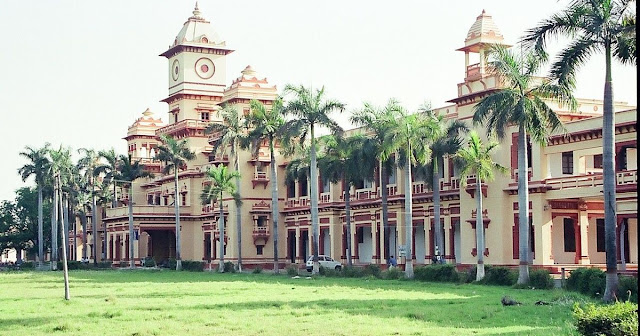Regulating foreign universities: 7 ideas for Indian policy-makers

I wrote about the case for allowing foreign universities to be allowed to operate in India. In this connection, I mentioned the Foreign Higher Education Providers Bill, which has appeared in different names and versions since the 1990s before the Indian cabinet and parliament and never went anywhere. I argued that though the foreign providers have more or less given up on the Indian government providing a workable legal framework and settled for various expedient semi-legal arrangements with politically influential education barons, the jobs and skills crisis should force Indian policy-makers to rethink the approach. However, even if this conversation is reopened in the new parliament in 2019, simply passing the bill as it was proposed wouldn't get us anywhere, and this point is worth belabouring. Several reasons for this, including that the bill in its current form is unattractive for any foreign provider, and it is unlikely that anyone would prefer to operate withi...


